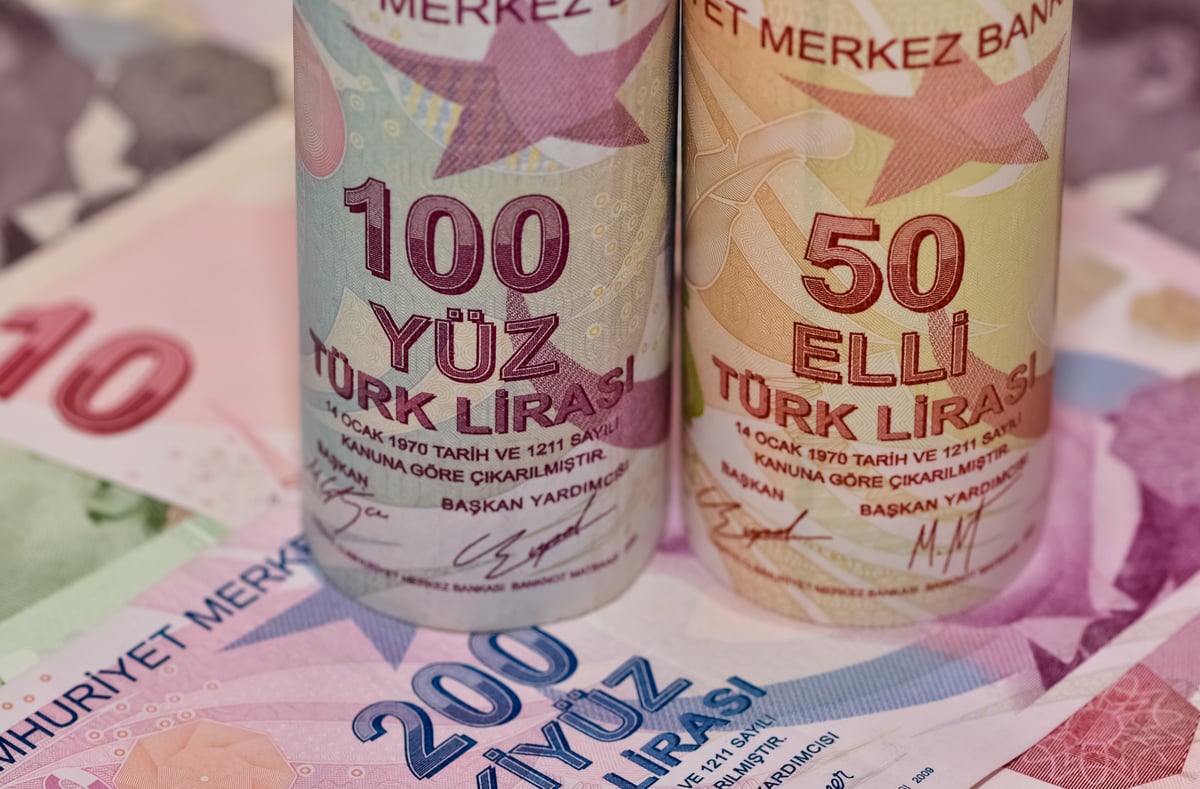Türkiye has announced a substantial 49 percent increase in the monthly minimum wage for 2024, significantly impacting around 7 million workers. The decision, made public by Labor Minister Vedat Isikhan, has sent shockwaves through the economic landscape. Experts and industry leaders are expressing concerns about its potential to worsen the already elevated inflation rates in the country.
The numbers
Türkiye’s new minimum wage of TRY17,002 ($578) for 2024 marks a staggering 49 percent increase from July’s level and an astounding 100 percent hike from January. The move is intended to address economic challenges and provide relief to low-wage workers. However, economists argue that the abruptness and scale of the hike could have adverse effects.
Economists predict that the larger-than-expected minimum wage increase in Türkiye is likely to contribute to a medium-term deterioration in inflation. They expect that inflation may hit 70-75 percent in the first half of 2024. Therefore, concerns are growing about the impact on the cost of living and the broader economy.
Calls for gradual adjustment
Berke Icten, head of Türkiye’s Shoes Manufacturers Association, suggests that a more measured, two-step increase in the minimum wage would have been preferable. This benefits both employees and employers. Icten warns that the sudden spike in inflation of at least 25-30 percent, will inevitably affect consumers and retail prices.
The government has raised the minimum wage every six months in the last two years. However, sector officials argue that the support provided to employers to mitigate the impact on production costs falls short of expectations. This, they say, will strain businesses already grappling with economic challenges.
Central Bank’s stance
Türkiye’s Central Bank, having raised its policy rate by 3,400 basis points since June, remains committed to reining in inflation which stood at 62 percent in November. However, the recent minimum wage hike has led some experts to question Türkiye’s dedication to its disinflation program. The central bank anticipates a rise in monthly inflation in January but hopes for a slowdown in February and beyond.
Read: Turkish Central Bank’s foreign reserves record $1 billion decrease
Market reaction
An anonymous economist voiced concerns about Türkiye’s substantial minimum wage hike. They stated that while a 40 to 50 percent increase was expected, the move exceeded the upper limit. This economist believes the decision may have a significant impact on inflation, potentially distorting the medium-term outlook. As inflation is predicted to reach 70 percent in H1, wages may effectively decrease in real terms.
Despite the current challenges, a Reuters poll suggests a cautiously optimistic outlook. It expects that inflation will fall to around 43 percent by the end of next year despite the tight monetary policy. The economic landscape, however, remains uncertain, and the long-term effects of the minimum wage hike on businesses and inflation will unfold in the coming months.
For more news on the economy, click here.








